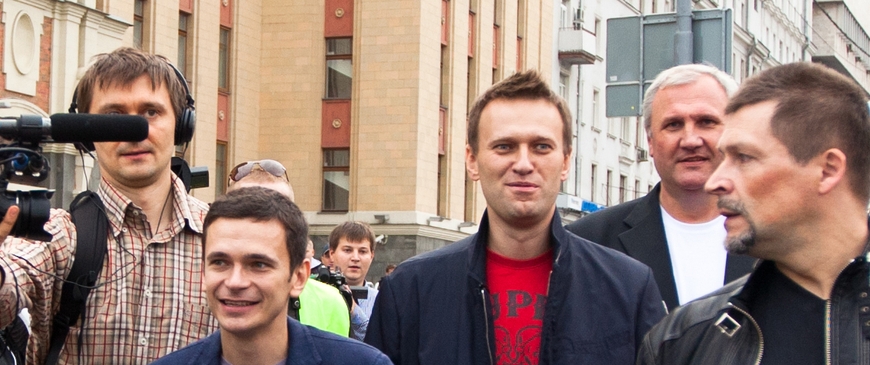
Navalny's sentence will influence the Russian economy
Russian opposition leader and anti-corruption blogger was released from custody on Friday. Member of the Valdai discussion club Charles Grant discusses the new turn in the matter.
What will be the consequences of the conviction and verdict on Alexei Navalny for the Russian political system?
I think the main consequences are actually not for the political system, but for the Russian economy. I don’t see any significant impact on the political system, which I think will remain similar to how it is today, but I think there will be a real impact on the economy because this case, combined with the recent posthumous conviction of Magnitsky, and perhaps the departure from Russia of Sergei Guriyev, will make potential foreign investors think twice before investing in Russia. There are already a lot of people who are discussing investments in Russia, who are saying, do we want to invest in a country where the rule of law appears to be so weak? And I think this particular case will undermine foreign confidence in the rule of law in Russia.
And do you think the investigation and the verdict passed on Navalny were fair?
Well, I am not an expert on the details of the case, but I have to say that the general view of most legal experts who have looked into the case in more detail than I have is that it was a political case, and that the Russian legal system was carrying out political instructions here.
Do you think Navalny really holds political power in Russia?
Well, it depends how you define political power. Obviously he doesn’t have a position of authority in the state apparatus, but he clearly has followers among some people, particularly young people, who respect him. So I suppose you could say he has some soft power, but not hard power.
Do you think that the “wildcat” street rallies and the reaction from the US and the European Union helped to soften the verdict?
I guess not. I mean, obviously, I don’t know, because only the people in the Russian power structures can answer that question, but as far as I know, the demonstrations in Russia were fairly small, the Western reaction was fairly moderate, so I imagine that whatever the verdict has been, it is the verdict representing the wishes of Russia’s rulers. And I don’t think foreign reactions have much impact on verdicts in Russia.
But you think that the image of our country has really changed for the worse?
Yes, I do. As I said, I think it’s a culmination of Guriyev’s departure, Magnitsky’s posthumous conviction, and now Navalny’s conviction, which makes people think that the legal system in Russia is almost totally controlled by the people who have political power and the executive branch of government. That makes potential Western investors think that this is not a country where they will happily want to invest in, except, perhaps, in the oil industry, because this industry is so important at the moment. BP and others will keep their investments anyway. But I think that, except for energy, Western investors are now more reluctant to put their money into Russia. And given that Russia has a particular problem of slowing economic growth, Russia should think very carefully about this. One reason for the slowing economic growth is that there is less foreign direct investment, and therefore this decision on Navalny will, in the long run, have some impact on Russia’s economic growth rate, I believe.
And is there anything which could help change other countries’ opinion and improve Russia’s image in their eyes?
Well, I guess, as I said before, it’s about the rule of law. I mean, nobody expects Russia to become a Western-style parliamentary democracy, but they do hope that the judicial branch of the government could be more separate from the executive branch. A separation in powers. In Western countries the legal system is not controlled by the state. In Russia it is. And I think one set of reforms that would really improve the image of Russia in the West is to have a more independent legal system.
Charles Grant is Director of the Centre for European Reform, London. Member of the Valdai Discussion Club.
